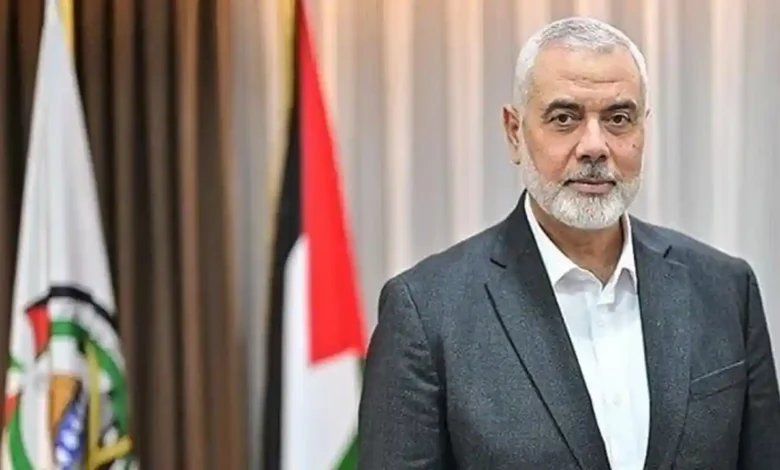Hamas Leader Ismail Haniyeh Assassinated In Israeli Attack

Tehran, Iran—This morning, Hamas leader Ismail Haniyeh was assassinated in the Iranian capital. The well-armed Palestinian group Hamas accused Israel of this high-profile killing.
A Hamas statement shortly after his assassination referred to his killing as a “Zionist conspiracy attack.”
The Israeli military has so far neither confirmed nor denied the death of Ismail Haniyeh in any military operation or action and has maintained complete silence over the situation.
Earlier, Iranian officials reported that Hamas Leader Ismail Haniyeh was assassinated along with his Iranian bodyguard at his residence, but further investigations are on. Haniyeh was in Tehran to attend the inauguration ceremony of the Iranian President Mahmoud Pezhkian.
Details of how he was killed, whether by a missile attack, a drone strike, or an assassination at his residence, are not clear. He could have been killed inside his home, but nothing is confirmed.
Read Also: Donald Trump Calls On Israel To End War In Gaza Immediately
Ismail Haniyeh was put at the helm of affairs of Hamas’ political bureau in 2017 after the incumbent Khaled Meshaal.
The development has evoked a storm of anger and resentment all across Palestine, Iran, and Pakistan. Loyalists of Hamas are venting their anger by raising slogans against Israel.
Iran has strongly denounced it as a terrorist act. Iranian officials have announced that the killing of Haniyeh is a threat to regional amity and tranquility and called for probe in the incident immediately.
The assassination of Ismail Haniyeh has sent shockwaves through the region, leading to heightened tensions and widespread condemnation.
The Palestinian territories are witnessing large-scale demonstrations, with people expressing their grief and anger. Demonstrations have also erupted in other parts of the Middle East, particularly in Iran, where Haniyeh was seen as a crucial figure in the resistance against Israeli policies.
The incident has raised concerns about the potential for increased violence and instability in the region.